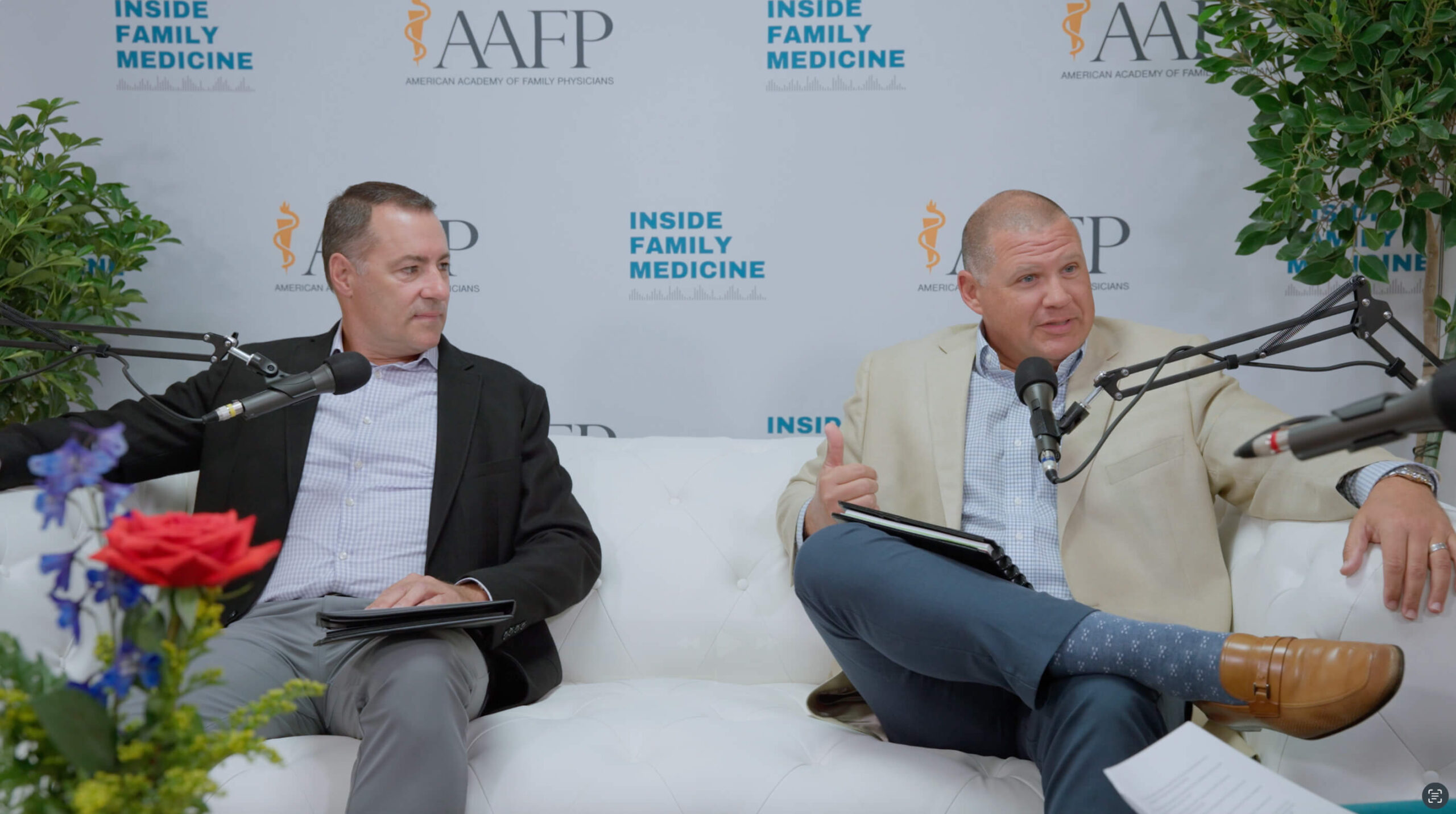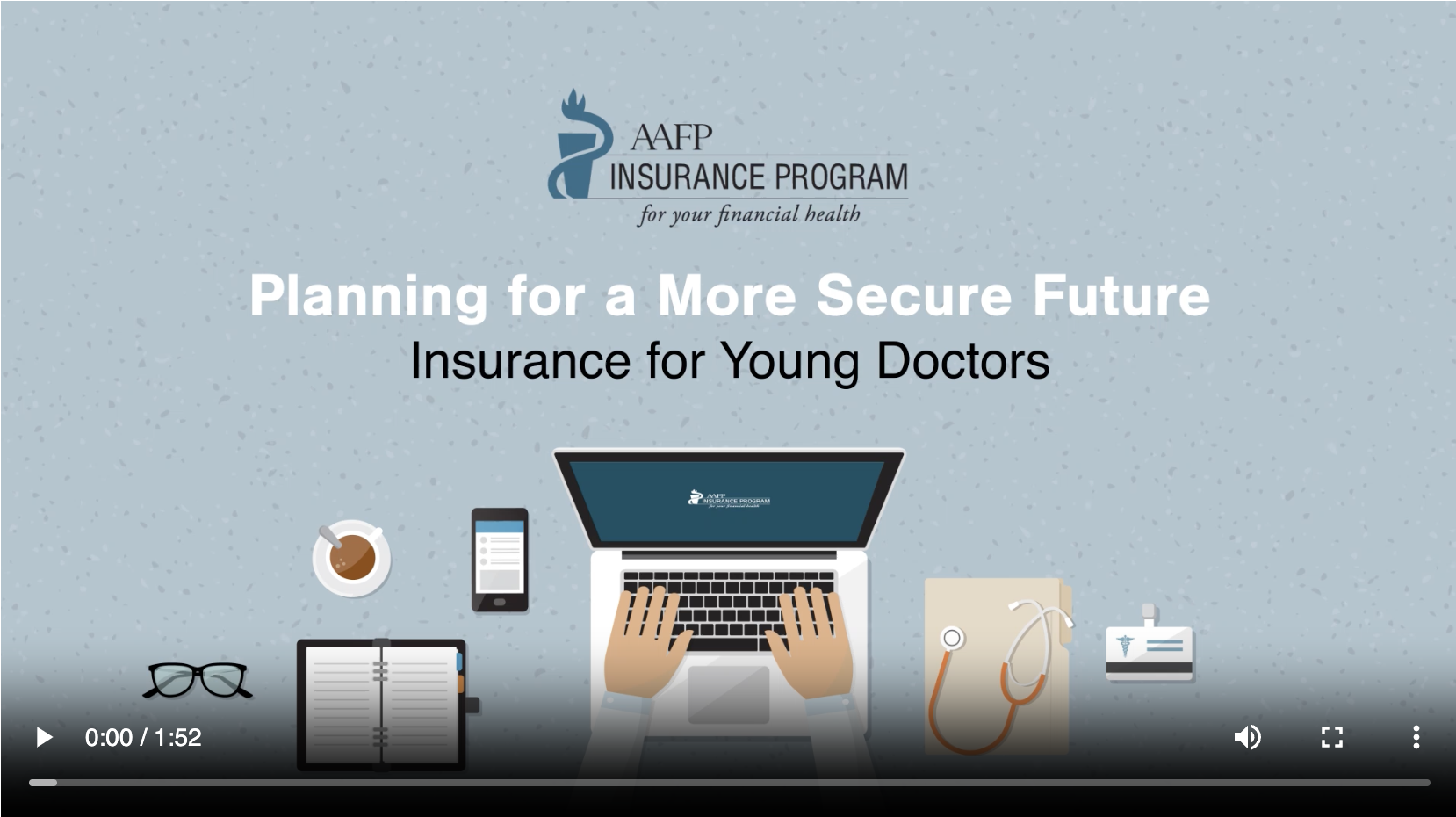Do you buy into any of these myths? If so, could your financial future be rocky if your health turns against you?
1. You Won’t Become Disabled
You spend your life caring for the health of others. However, if you’re like many doctors, you may fail to consider the possibility that you will ever be disabled.
To protect your future, however, you need to overcome this belief. After all, no other misconceptions you may have about the need for disability insurance matter if you believe you are immune to disease and protected from injury.
The reality is that one in four of today’s twenty-year-olds will become disabled before they retire. Also, one in five Americans lives with disabilities.[i]
You are not alone if you do not believe these afflictions can affect you. A large majority of Americans, 64 percent, believe their chances of suffering a disability-inducing accident or illness is two percent or less.[ii] That is much lower than the 25 percent that statistics predict will be affected. Take a look at this infographic we put together, addressing the specific risks of the medical profession.
You base your medical decisions on the facts you gather about your patients. Do the same for yourself. When you look at the facts, disability insurance is a wise investment.
2. Your Employer Has You Covered
If you work for a group medical practice or hospital, your employer may offer disability insurance. It’s easy to go with the flow and rely on what they offer. However, you may be disappointed if and when you need to use your insurance. According to the Council for Disability Awareness, many group plans cover only 60 percent or less of an individual’s income.[iii]
That begs the question, “Can you support your lifestyle with a pay cut of 40 percent or more?”
Also, there’s another catch: Today, jobs can be fleeting. The 2016 State of Hospital Medicine Report indicates that the physician turnover rate annually is 6.9 percent at hospital medical groups that serve adults. The chances are that you will not be with the same employer for your entire career.
To gain disability insurance, you will need to go through an underwriting process. As time goes by, you run a greater risk of having pre-existing medical conditions that increase the cost of disability insurance. So, if you want the flexibility to make career changes without financial risk, you should look into supplemental insurance early in your career.
First, check out how much coverage your employer gives you. Then assess the monthly expenses and calculate whether they exceed the income you will receive if you become disabled. Minimally, your supplemental insurance should bridge the gap between income and expenditures.
3. Social Security Will Help You Out
You have been contributing to Social Security taxes since the day you started working. So it is understandable if you think Social Security’s Disability Program will offer enough protection in the event you are unable to work.
Social Security, is only designed to replace some of the lost income for those who need it most.
Let’s talk about what “some” means. Most benefit recipients receive between $300 and $2,200 a month. Is that enough to cover your needs?
Not only must your disability make it impossible to perform your current occupation but you also must not be able to adapt to another form of work. In addition, Social Security benefits will only kick in if you suffer a severe medical condition that lasts more than a year or one that is life threatening.[iv]
Thus, there are many cases in which you cannot rely on Social Security to provide short-term or long-term disability coverage.
4. I Have Workers’ Compensation Insurance
If you are injured or become ill as a result of doing your job, workers’ compensation insurance will cover any income you might lose plus associated medical costs.
Despite the often long hours at the workplace, your life extends beyond it. Since fewer than five percent of disabling incidents are job-related[v], workers’ comp insurance covers just the tip of the iceberg.
So if you are disabled short-term or long-term, workers’ comp insurance may not be the answer to your financial needs.
The overriding theme here is that the big mistake physicians make when considering disability insurance is that they do not believe they need it. That’s either because they feel they will never succumb to disabilities that affect around 25 percent of the workforce, or because they think some other form of insurance already addresses the issue.
These false assumptions are dangerous to you and your family’s long-term financial health. To counter these risks and rest easy at night, consider investing in disability insurance.
[i] Social Security Administration – The Facts about Social Security’s Disability Program
[ii] Council for Disability Awareness – Chances of Disability
[iii] Council for Disability Awareness – Is Supplemental Disability Insurance Worth It?
[iv] Social Security Administration – The Facts about Social Security’s Disability Program
[v] Forbes – 5 Myths About Disability Insurance




